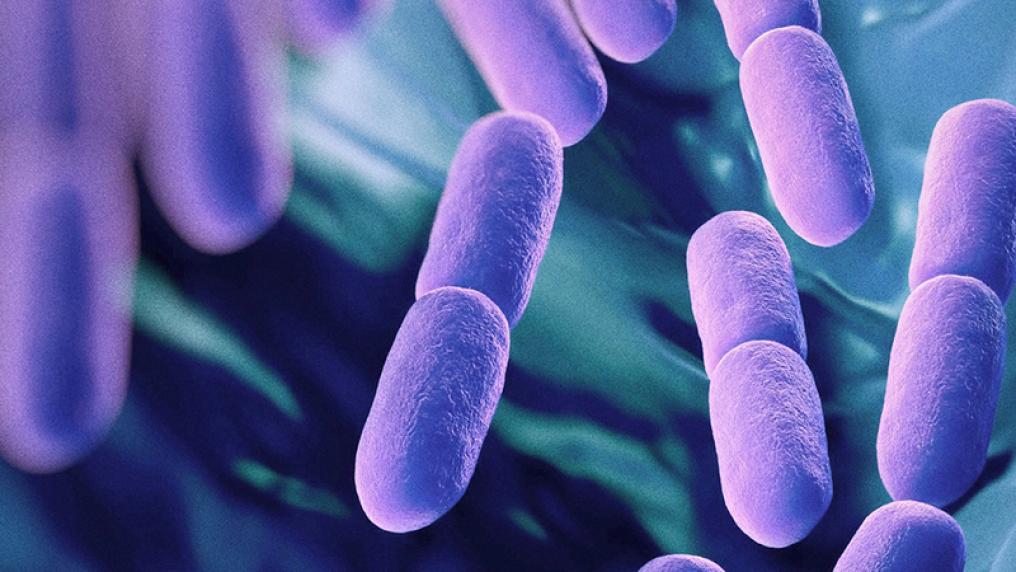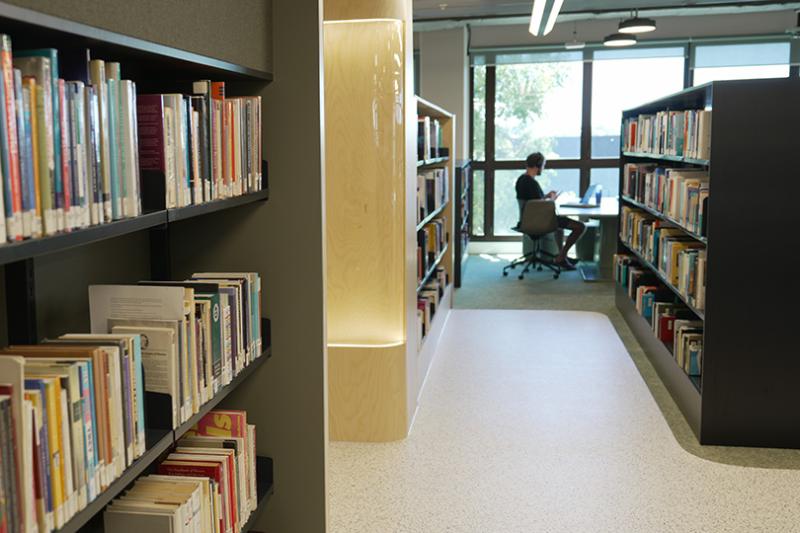Probiotic shows promise for auto-immune disorders

Victoria University research shows a probiotic commonly found in yoghurt, cheese, and other dairy products could help people with auto-immune conditions by reducing inflammation in immune cells and helping restore normal immune function.
Auto-immune conditions such as Multiple Sclerosis (MS), Lupus, and rheumatoid arthritis result from the immune system mistakenly attacking its own healthy tissues.
In the case of MS, which affects more than 25,000 Australians and more than two million people worldwide, this immune system malfunction destroys the fatty substance (myelin) that coats and protects nerve fibres in the brain and spinal cord, which is essential for the proper functioning of the nervous system.
Probiotics can add good bacteria to a person’s microbiome – or the trillions of micro-organisms that live inside the gastrointestinal tract – and, which are linked to a range of auto-immune diseases.
Researchers Professor Vasso Apostolopoulos and her PhD student, Narges Dargahi, found in two separate studies that the probiotic Streptococcus thermophiles (ST285) can help suppress inflammatory processes in cells, which drive disease progression in auto-immune disorders.
While human trails are required to confirm that ST285 could alleviate symptoms of those living with MS and other auto-immune disorders, Professor Apostolopoulos is heartened by the early results.
“After two years of research, the revelation that a specific strain of probiotics can help people with these conditions is exciting,” she said.
“While we have long known that probiotics have therapeutic potential, ST285 shows particular promise for treating chronic auto-immune conditions.”
In the first study, ST285 was mixed with human peripheral blood mononuclear cells, which play a key role in defending the body against infections.
It found ST285 could alter genes connected to the immune response of the cells, changing their production of immune-signalling molecules. ST285 also induced an anti-inflammatory profile in these cells. Both results are important for people suffering auto-immune disorders.
In the second experiment, the researchers immunised mice with MS peptides (short strings of amino acids), promoting inflammation in the mice’s immune T cells.
But when ST285 was mixed with the T cells, the cells developed an anti-inflammatory profile.
Vasso and Narges' first study on probiotics is available via PLOS ONE and their second study on probiotics is in Brain Sciences.



